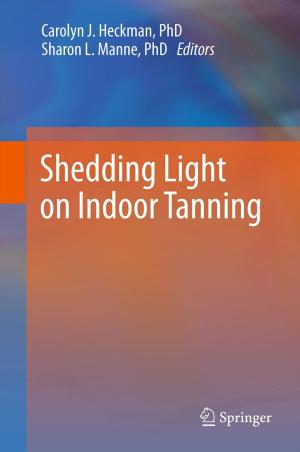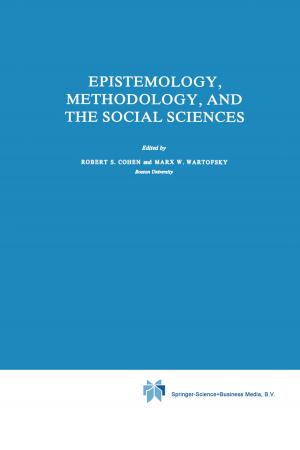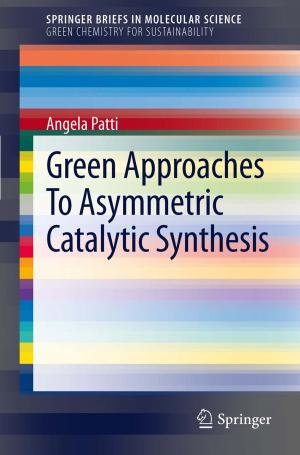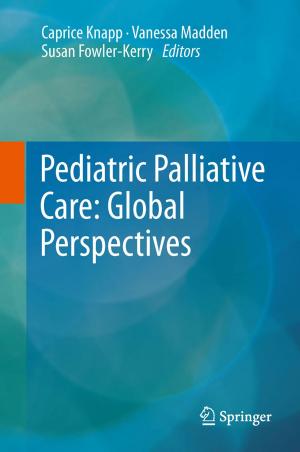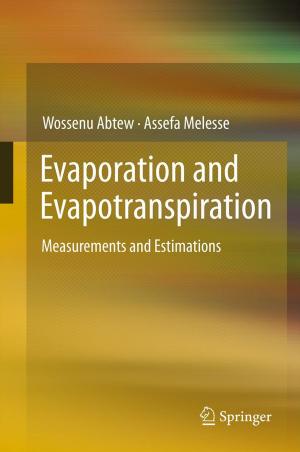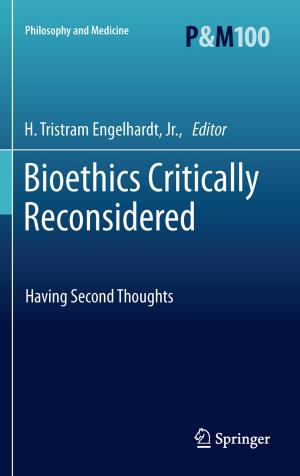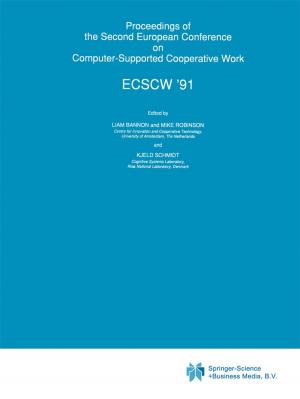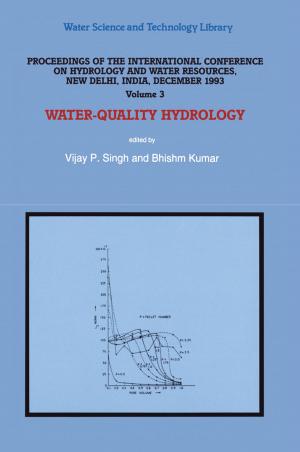Physiological and Pharmacological Aspects of the Reticulo-Rumen
Nonfiction, Health & Well Being, Medical, Veterinary Medicine| Author: | ISBN: | 9789400933194 | |
| Publisher: | Springer Netherlands | Publication: | December 6, 2012 |
| Imprint: | Springer | Language: | English |
| Author: | |
| ISBN: | 9789400933194 |
| Publisher: | Springer Netherlands |
| Publication: | December 6, 2012 |
| Imprint: | Springer |
| Language: | English |
The success of a scientific workshop depends on a delicate blend of many types of ingredients. Most important is to select a provocative topic which is at the forefront of a current investigative study. Coupled together with a relatively small but distinguished group of active research scientists known for their continued record of contributing significant findings, one has the firm foundation for an exciting and rewarding investment of time and effort. This was the setting for the first workshop organized by the European Association for Veterinary Pharmacology and Toxicology. Ruminants have been domesticated for many centuries and have served mankind as a source of dairy products, meat, wool and power. The ruminant stomach has long been - and still is - a major concern for physiologists, pathologists, clinicians and pharmacologists. This workshop was organized and convened in an attempt to strengthen the basic science of the ruminant stomach, as it applies to an economically important group of mammals. To achieve this, various topics were covered by specialists which ensured presentation of new data, followed by discussions. In this book, reviews are presented on the different topics: motility (control and regulation, neurotransmitters and endogenous substances involved); flow of digesta (comparative aspects, role of content and metabolites); food intake; rumen metabolism (chemical manipulation, metabolism of xenobiotics and drugs); pharmacology of forestomach motility and, the reticulo-rumen as a pharmacokinetic compartment.
The success of a scientific workshop depends on a delicate blend of many types of ingredients. Most important is to select a provocative topic which is at the forefront of a current investigative study. Coupled together with a relatively small but distinguished group of active research scientists known for their continued record of contributing significant findings, one has the firm foundation for an exciting and rewarding investment of time and effort. This was the setting for the first workshop organized by the European Association for Veterinary Pharmacology and Toxicology. Ruminants have been domesticated for many centuries and have served mankind as a source of dairy products, meat, wool and power. The ruminant stomach has long been - and still is - a major concern for physiologists, pathologists, clinicians and pharmacologists. This workshop was organized and convened in an attempt to strengthen the basic science of the ruminant stomach, as it applies to an economically important group of mammals. To achieve this, various topics were covered by specialists which ensured presentation of new data, followed by discussions. In this book, reviews are presented on the different topics: motility (control and regulation, neurotransmitters and endogenous substances involved); flow of digesta (comparative aspects, role of content and metabolites); food intake; rumen metabolism (chemical manipulation, metabolism of xenobiotics and drugs); pharmacology of forestomach motility and, the reticulo-rumen as a pharmacokinetic compartment.


